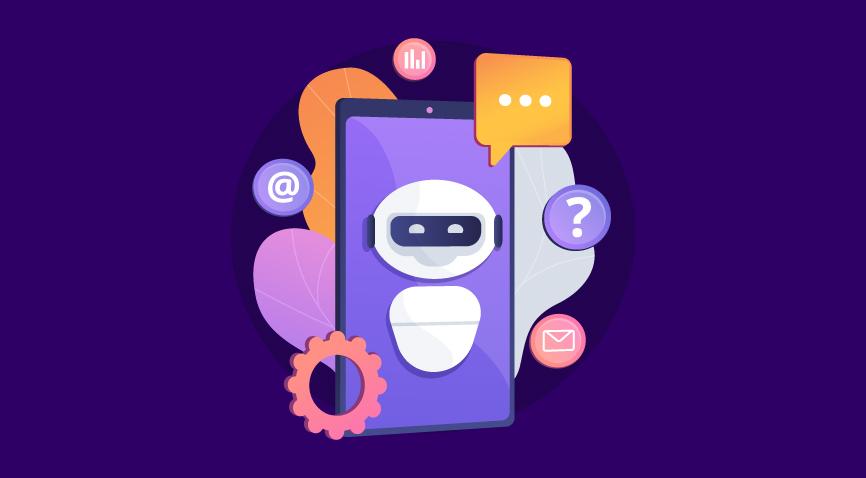
As artificial intelligence (AI) becomes more prevalent, the notion that it will replace the human workforce in the future is not unwarranted. Copywriting is one of the professions currently being impacted by the seeming threat of AI.
Can AI writers write copy better than humans? And if so, how long is it before that happens? These are just some of the questions being asked about this subject today.
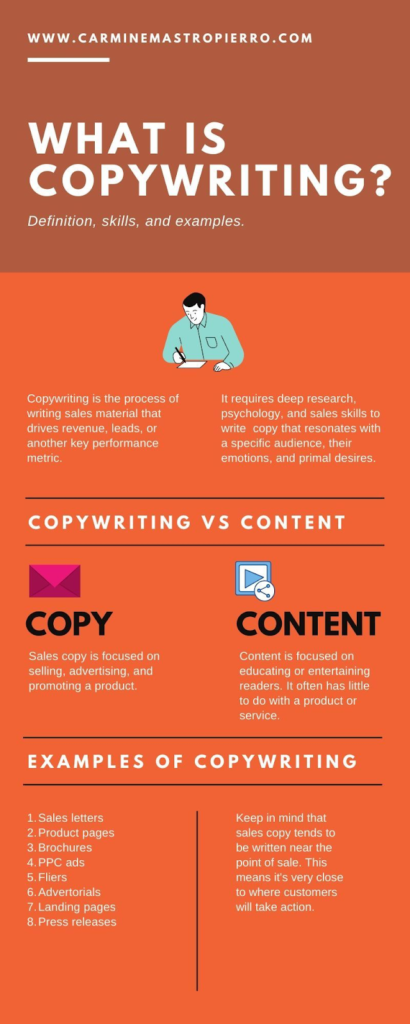
Copywriting, as a profession, is in a great place right now. The demand for good copy is enormous and will only get bigger. But with the various advances in AI writers — which are pretty awesome, by the way—it seems like they will take over our jobs soon. And if that’s true, copywriting might be a dying trade.
But, from what we’ve seen and experts say, there’s no need to worry. If anything, these new technologies have only made writing better and more critical than ever before.
Before we get into that, though, let’s talk about how AI content writers work because most people have an inaccurate idea of what it actually means.
AI & AI Writers
First off, don’t confuse AI with machine learning or deep learning. Instead, think of AI as simply automation that allows computers to do tasks without human intervention – when provided with enough data.

For example, you can give your laptop or smartphone some commands (like “open browser window A on my computer/phone”) without typing them out yourself every time you want them executed; this is AI.
Now that you know what AI is, AI writers are nothing but software that uses artificial intelligence to create predictive text depending on your inputs. As a result, AI content writers can create content for many elements, including websites, landing pages, blog topics, blog posts, and much more.
And because they carry a lot of the creative content weight on their proverbial shoulders, they leave their human counterparts free to focus on more complex aspects of content.
Let’s see how AI writers work and how they will impact copywriting jobs.
AI Writers and Their Impact on Copywriting Jobs
AI copywriting tools attempt to replicate human thinking processes to solve complex problems. Each AI system has an objective, and it’s up to engineers and computer scientists to map out a strategy for getting there. It can be a very different process from task to task.
AI copywriting works by collating millions of web pages and finding patterns for natural language generation; it then uses this data to create content on a given topic.
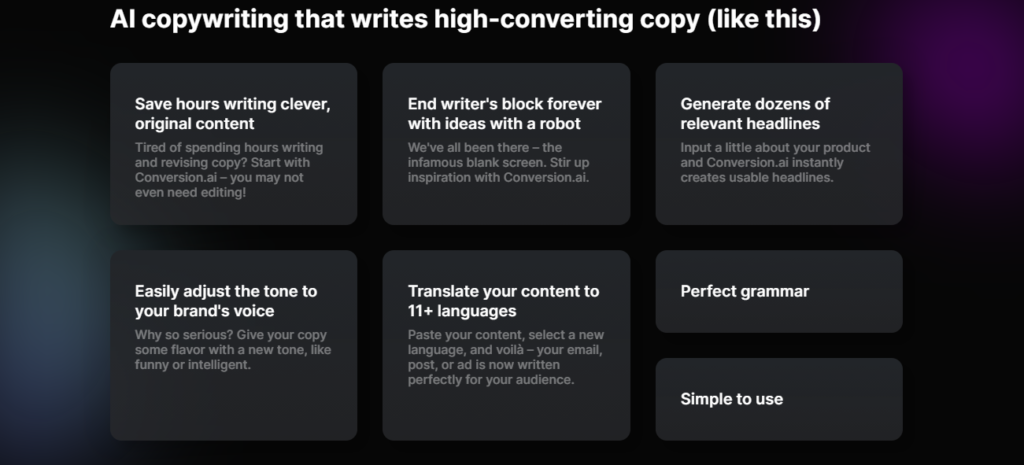
For example, some software relies on machine learning systems where vast amounts of data are fed into a program and analyzed for patterns. The more information an AI writer has access to, the better its decisions will be over time.
Modern AI content writers learn by analyzing data rather than following step-by-step directions or rules. Deep learning has made significant progress in recent years, with Generative Pre-trained Transformer 3 (GPT-3) creating more strides in the area.
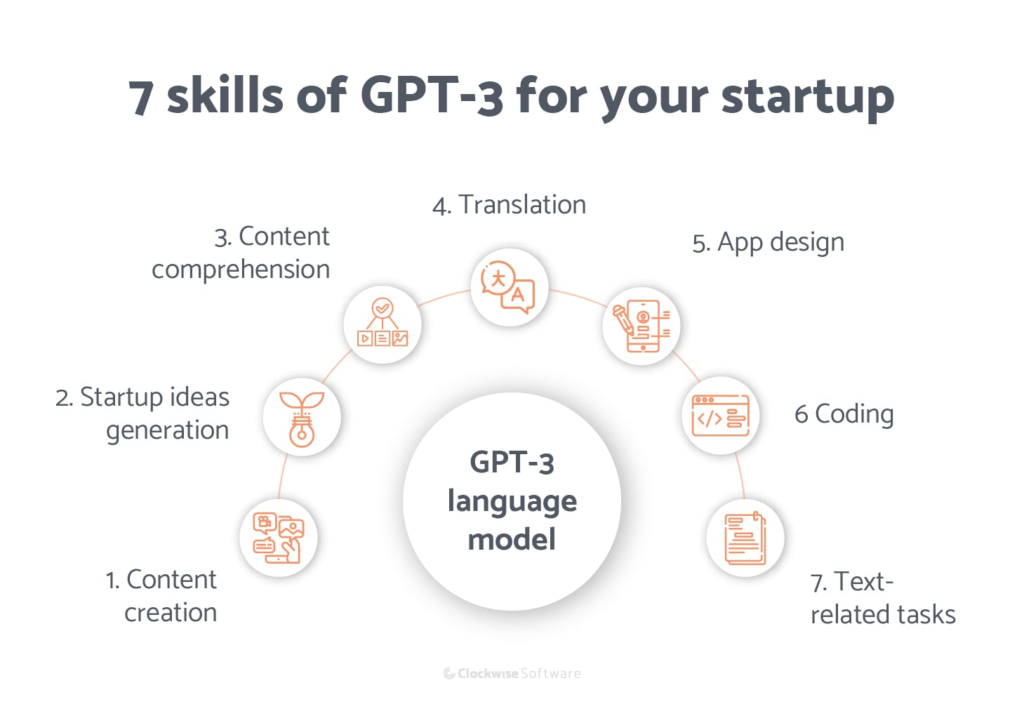
Here are some advantages of AI writers:
- They save time
- They can generate a lot of content quickly
- They can help overcome writer’s block by offering topics and ideas
- They can analyze data and become more intelligent as they absorb information
- They can even conduct some basic research
However, severe weaknesses still keep them from replacing human copywriters.
Here’s why.
1. AI writers cannot include the human element
A copywriter’s job is to write words that get people excited about a product, service, or idea. One of the most significant drawbacks of writing like a robot is that humans cannot relate to such writing. This is because AI content writers cannot detect style and tone. Take Grammarly, for instance. While it is a handy tool, it will convert emphatic or passionate sentences into elementary sentences with no feel or tone.
So, if you tell an AI writer to create professional content, it will do very well. But if you ask it to create playful, whimsical content, it won’t work well for your messaging.
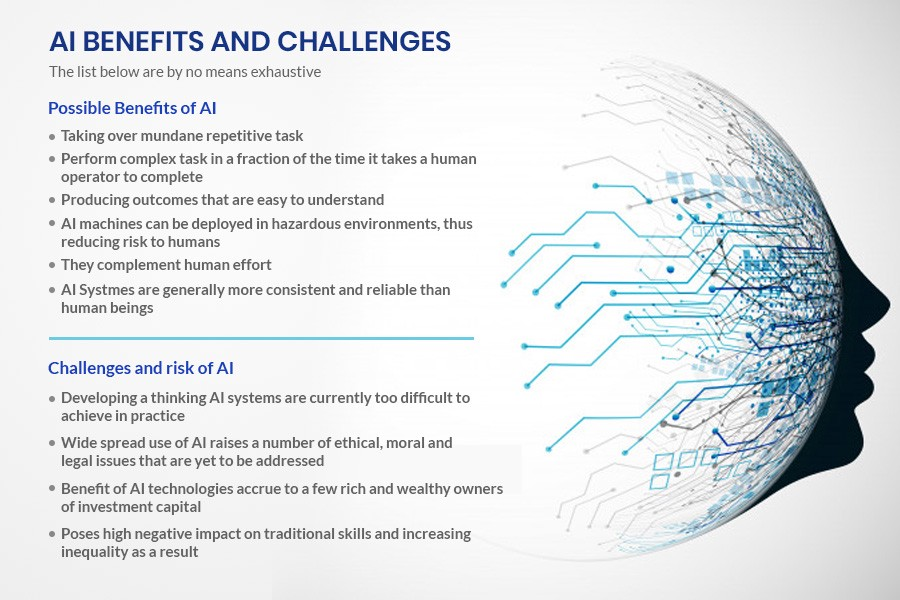
2. SEO and AI writers don’t go hand in hand
If you are looking to use AI writers so that you can rank on Google, stop right there! Using AI for content violates Google’s rules. In April 2022, Google circulated a statement showcasing its views on AI content. “Currently, it’s all against the webmaster guidelines. So from our point of view, if we were to run across something like that, if the webspam team were to see it, they would see it as spam.”
While you don’t necessarily need to do away with AI content writers for your SEO content, you must also focus more on the human touch. Ensure that experienced copywriters go through the copy, add a more human touch to it, and only then publish it.
3. Copywriting is two-way communication
Copywriting isn’t just a way of selling a product—it’s also an art form. But more importantly, it’s a type of communication—one that humans do best. A computer program can’t successfully replicate that sense of connection between people; computers just don’t have empathetic capabilities that are on par with human beings – at least not yet.
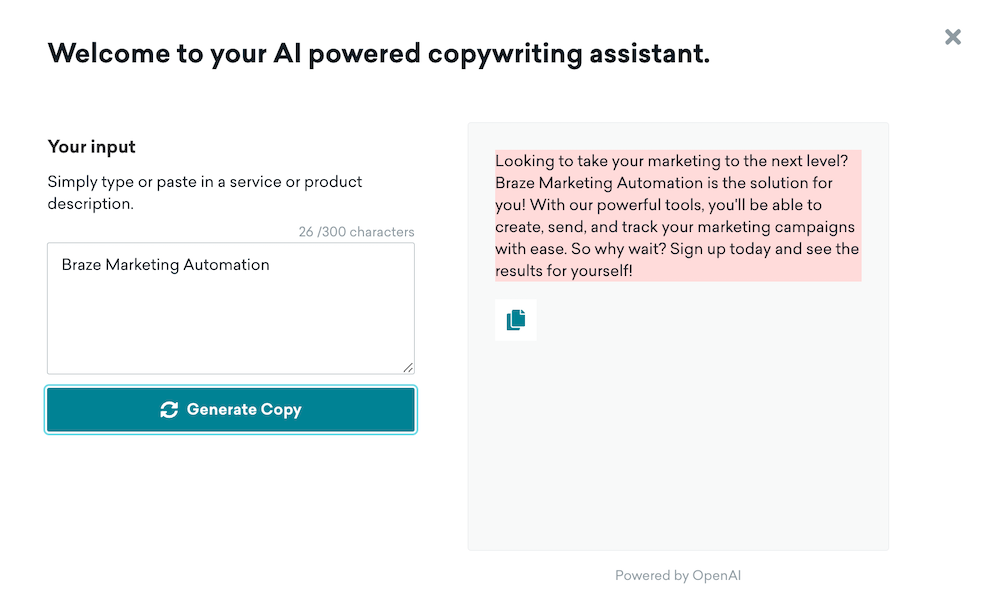
Machines might even mimic human communication, but they’ll never be able to create it independently. When you try to replace genuine communication with rote communication devoid of personality or originality, you wind up with something that looks and sounds like a parody of what humans produce – bland and uninspired lines written by robots. If that happens, there’s no chance that customers will fall in love with the brand.
4. AI copy needs fact checks
While AI is smart enough to choose a select number of websites for references and also prevent plagiarism, by the end of it, its goal is to give you content it assumes you need. But, many times, AI writers can end up referencing somewhat biased content on a specific topic and include that in the copy. This isn’t necessarily what you want to write about; hence, a fact check becomes imperative when you have an AI writer work on your content.
In Summary
Copywriting is not just about churning out text. The idea that AI will take over our jobs is nothing new. It’s been predicted for generations, and we’ve always managed to find a way to keep humans employed.
If you’re a writer wondering how AI will affect jobs in the copywriting space, here’s something for you to remember. You know that your voice sets your writing apart from others. Your voice comes from having a distinct perspective on life and expressing it in such a way that makes people stop and think. Because of these unique qualities, we believe there will always be room for creative people in society.
While AI writers may help us get closer to flawless communication (i.e., translation programs like Google Translate), they will never replace our need for uniqueness in storytelling. Eventually, if virtual reality becomes widely adopted as an art form, storytelling may not even be storytelling.

FAQs
Copywriting, also known as written marketing or advertising, uses words to sell a product or service. This can include advertisements and email blasts that communicate directly with customers. Copywriters use proven psychological principles to persuade their audience.
Despite all of its potential, there are many reasons to believe that marketers will not be replaced by AI—but might learn to rely on it in some ways.
AI’s “‘content intelligence” subset is responsible for creating content. The subset uses the best of AI’s capabilities to develop impactful posts for marketers.
Generative Pre-trained Transformer 3 or GPT-3 is the most advanced natural language text generation technology leveraged by AI copywriting tools to create data-rich content.
Latest Blogs
Explore how Google’s 2025 AI search updates triggered ranking chaos. Learn actionable strategies to adapt your SEO for AI Overviews, zero-click searches, and SERP volatility. Stay ahead now.
Learn how to rank on AI search engines like ChatGPT, Perplexity, and Gemini by optimizing your content for authority, structure, and relevance. Stay ahead in AI-driven search with this strategic guide.
Explore the best healthcare SEO services for your medical practice. Improve online visibility and effectively reach more patients in need of your services.
Get your hands on the latest news!
Similar Posts
Artificial Intelligence
3 mins read
How to Rank on ChatGPT, Perplexity, and Gemini: A Strategic Guide for Marketers
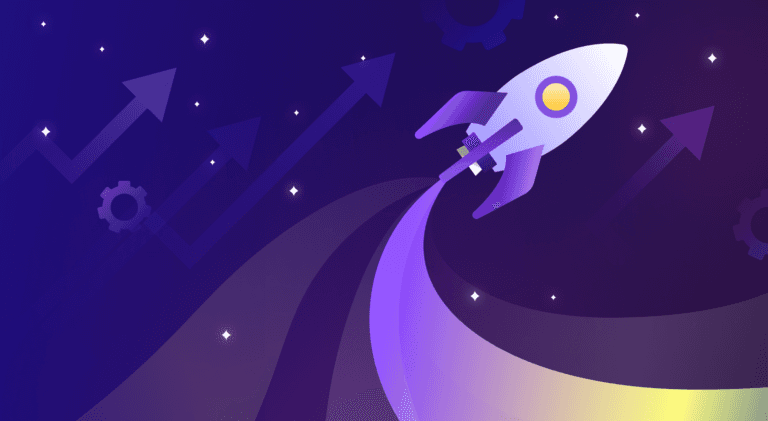
Artificial Intelligence
5 mins read
How Free AI Tools for Content Creation Can Boost Your Content Strategy

Artificial Intelligence
5 mins read